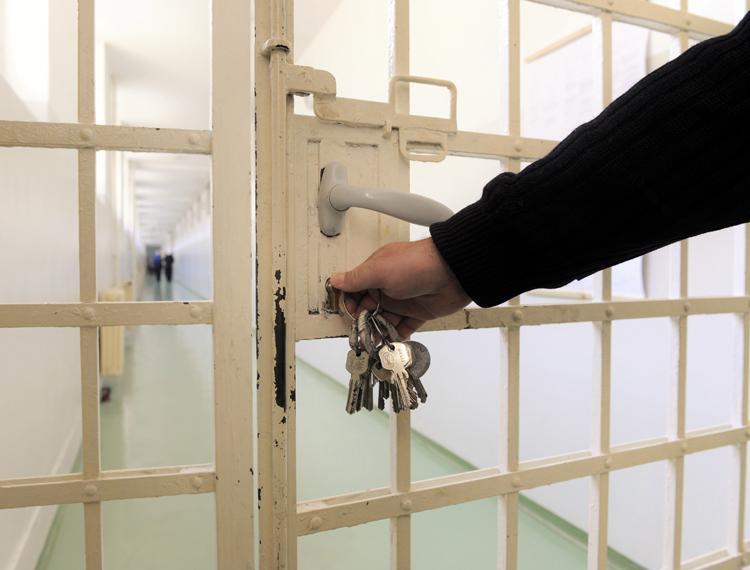Prison reform white paper opens door to successful reduction in reoffending

Training and employment providers have given an unreserved welcome to the government’s Prison Safety and Reform White Paper.
Some AELP members have been lobbying for 10 years on the issue of successful offender rehabilitation and the white paper finally offers a major opportunity for making significant headway on reducing the country’s woeful reoffending rate.
We believe that the key to progress is much greater integration between the education and training opportunities that an offender receives inside the prison gate and the training and employment finding support available to the same individual on release.
With the proposed devolving of budgets and support service commissioning to prison governors, there now appears nothing to stop a governor from commissioning the same external provider to offer an offender joined-up services while inside prison and support the person into further training like an apprenticeship or sustainable employment after release.
The danger with devolved responsibilities is that some governors may take the education and work measures more seriously than others, but the accompanying proposals on prison league tables should help prevent this from happening by introducing an important new element of accountability. The proposed standards within the league tables include measuring the amount of education being offered and the number of ex-offenders finding employment.
AELP welcomes the government’s recognition of current obstacles to successful rehabilitation, including prisoners being moved to another prison in the middle of a training course and the pressing need to improve prisoners’ English and maths. It is also very encouraging to see the importance attached to the teaching of employability skills.
Prisoner Apprenticeship Pathway is a major step forward
No more evident that ministers have ‘got it’ as far as joined-up support is concerned are the white paper’s proposals for a new Prisoner Apprenticeship Pathway. This will offer prisoners opportunities that will count towards the completion of a formal apprenticeship on release. Prisoners will have access to the same high quality training and education that an apprentice could expect in the community, and will not need to repeat training that they have successfully completed in custody on release, if they can demonstrate competence in the activity they are being trained in during the apprenticeship.
Apprenticeship training providers will be able to support governors in turning this aspiration into a ‘quick win’. Governors would be advised though to be fully transparent in their commissioning processes to secure the best local support from commercial, charitable or college providers.
Commenting on the proposals and the announcement that the Ministry of Justice will publish a detailed education strategy for prisoners next year, AELP CEO Mark Dawe said:
“The White Paper has the potential to be the most important game-changer in decades for transforming the successful rehabilitation of ex-offenders, saving the taxpayer millions of pounds in the process.
“Employment and training providers are ready to play a key role working closely with prison governors, probation services and other support agencies. But we mustn’t let ‘outside the gate’ bureaucracy get in the way of securing an ex-offender either a good apprenticeship or sustainable employment. The join-up of education and work services inside and outside prison is critical to the success of these proposed reforms and AELP looks forward to discussing with the government how we can take them forward.”











Responses